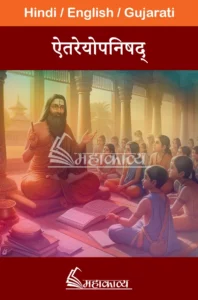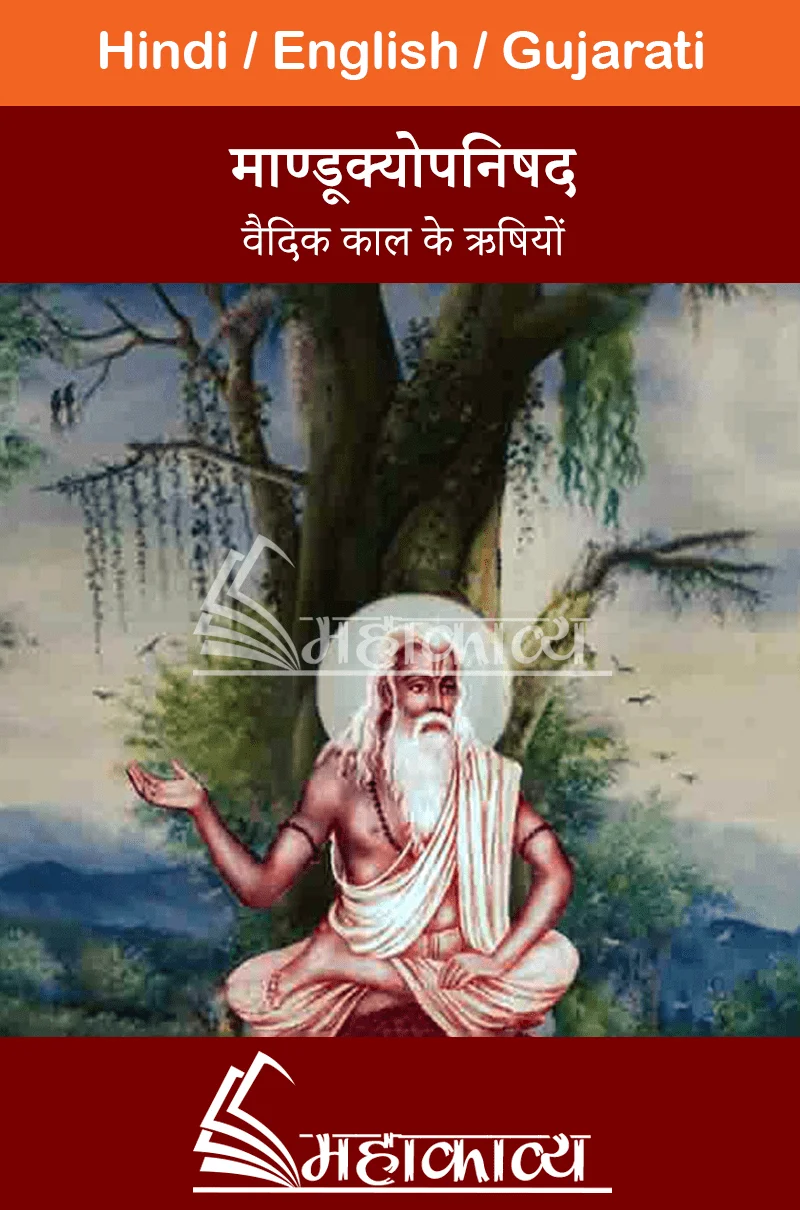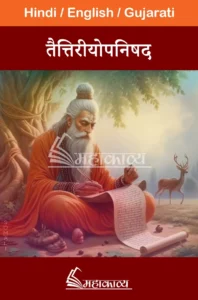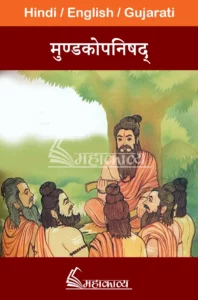Aitareya Upanishad in English
Aitareyo Upanishad (Aitareya Upanishad in English) is a major Upanishad which comes under Vedanta Darshan. This Upanishad is the name of chapters 4, 5 and 6 of the second Aranyaka under the Rig Vedic Aitareyaaranyaka. In this, important principles of Brahmavidya (knowledge of Brahma) have been described in detail. This Upanishad deals with the soul (Atma), Brahman (Brahman), the world (Jagat), and important topics of human life.
Read Full Information About 51 Shakti Peeth
The commentary written by Lord Shankaracharya on this is very important. In its commentary, while deciding the purpose of salvation, he has eliminated the knowledge of karma and karma and has shown knowledge as the only means for it.
In Aitareyo Upanishad, the authority of knowledge has been decided and while removing the right of rituals with great ceremony, only the Sanyasi has been appointed as its authority. There he says that ‘Grihasthashram’ is the name of attachment to one’s particular home and this can be done only with the presence of desires and there is complete absence of desires in a knowledgeable person. Therefore, if by somehow purifying one’s mind one attains enlightenment in the householder’s home, then by becoming desireless and lacking attachment to one’s particular home, one will automatically attain the status of a beggar.
Read here in one click ~ Shiv Manas Puja
There are three chapters in Aitareyo Upanishad. Of these, the first chapter has three sections and the second and third chapters have only one section each. In the first chapter it has been told that in the beginning of the creation there was only one soul, apart from that there was nothing else. He thought about the creation of the world and with his determination alone he created the three worlds – Ambha, Marichi and Mar. After creating them, that God thought of creating Lokpal for them and created a man from the water itself and gave him organs.
In this way, in the second chapter, self-knowledge has been described as the only means to attain ultimate status and the same has been presented in the third chapter. It has been told there that heart, mind, cognition, knowledge, science, wisdom, intelligence, vision, dhruthi, mati, manisha, juti, smriti, resolution, kratu, asu, kama and vash, all these are the names of wisdom. This wisdom itself is Brahma, Indra, Prajapati, all the gods, Paschamahabhuta and all types of living beings like Udbhijja, Swedaj, Andaj and Jarayuj etc.
Read here in one click ~ Aitareyo Upanishad in Hindi
Read This Also
Please wait while flipbook is loading. For more related info, FAQs and issues please refer to DearFlip WordPress Flipbook Plugin Help documentation.






 Download the Mahakavya App
Download the Mahakavya App